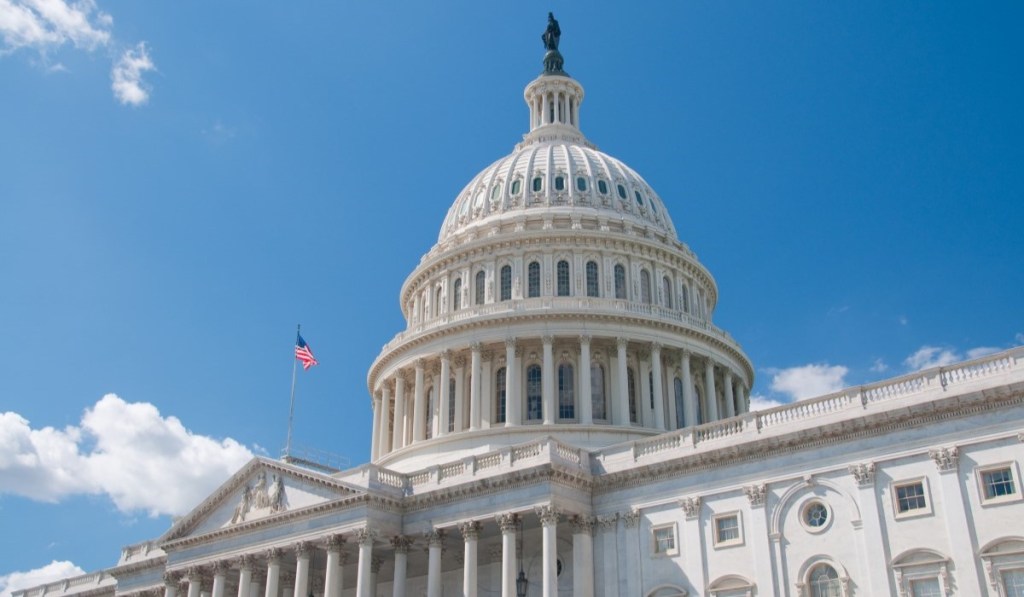A coalition of Democratic lawmakers in the U.S. Senate and House of Representatives have reintroduced a bill designed to address housing issues by rehabilitating or constructing millions of additional units in an effort to bring down costs for renters and homeowners.
Known as the American Housing and Economic Mobility Act, the bill would provide funding to “build or rehabilitate nearly 3 million housing units over the next decade and bring down rents for lower-income and middle-class families by 10%, saving the average family $140 per month,” according to an announcement issued by the office of Sen. Elizabeth Warren (D-Mass.) that cites analysis from Moody’s Analytics.
The proposed funding would come primarily through returning estate tax thresholds to the levels they were at in January 2009. The legislation would also implement “more progressive rates above those thresholds, and closes certain loopholes,” the announcement stated.
Democrats are the only lawmakers who have signed on. The bill was introduced in the Senate by Warren and Raphael Warnock of Georgia, who are both members of the Senate Committee on Banking, Housing and Urban Affairs. The House version was introduced by Rep. Emmanuel Cleaver of Missouri, ranking member of the Housing and Insurance Subcommittee of the House Committee on Financial Services.
Six senators — five Democrats and one Independent — have signed on as co-sponsors in the upper chamber, while the House version has gained support from 20 Democratic members.
“The only way to dig our country out of this housing crisis is to build more housing so everyone has a place to call home,” Warren said in a statement. “My bill will make bold investments in our country’s housing and encourage local innovation to lower housing costs even more — and it’s all paid for by getting America’s wealthiest families to chip in.”
Sen. Warnock and Rep. Cleaver added that addressing housing issues remains a critical part of establishing better wealth and security among more Americans.
“The failure to address our national housing shortage has driven up costs that make homeownership difficult, increased rent burdens in communities across the country, and pushed far too many Americans into homelessness,” Cleaver said in a statement.
“Not only does this preclude working class Americans from obtaining safe, stable, and secure housing, but it prevents millions of our fellow citizens, particularly those in minority communities, from climbing the economic ladder and building generational wealth.”
In addition to providing funding for an estimated 3 million housing units, the bill would also seek to “provide assistance to people hurt by federal housing policy failures” by providing down payment assistance; U.S. Department of Veterans Affairs (VA)-guaranteed loan eligibility for the descendants of certain veterans; the creation of incentives for local governments to “eliminate unnecessary land use restrictions;” and limits to the role of private equity in the housing space.
The proposed bill has garnered support from almost 50 nonprofit organizations, including unions and housing advocates. Some groups that have signaled support include the National Low Income Housing Coalition (NLIHC), the National Community Reinvestment Coalition (NCRC), and the American Federation of Labor and Congress of Industrial Organizations (AFL-CIO).
Additionally, a coalition of Massachusetts mayors, civil rights and housing interest groups have submitted letters of support. The Native American Indian Housing Council adopted a resolution endorsing the bill in 2019, which Sen. Warren’s office said “remains effective today.”
The announcement from Warren’s office includes several resources for the bill, including its direct text, the aforementioned Moody’s analysis, and statements of support from unions, interest groups and others.
Housing continues to be a significant issue during the 2024 political season as Americans prepare to go to the polls in November to decide the next president, along with the balance of power in both houses of Congress. Younger voters — particularly Gen Z voters — have recently expressed serious concerns about the cost of housing,
Earlier this year, House lawmakers formed a bipartisan real estate caucus in recognition of the large role that the sector plays in the U.S. economy. While some lawmakers have signaled or engaged in more activity related to housing, many also understand that passing any meaningful legislation in a period immediately preceding an election is an uphill battle.





